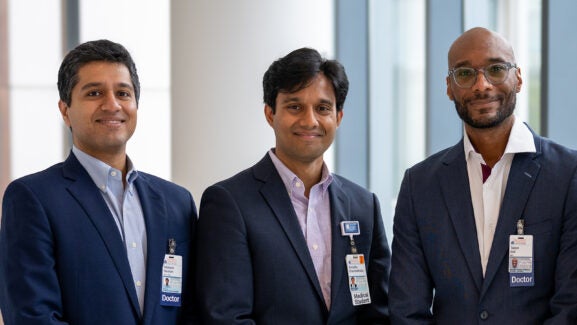
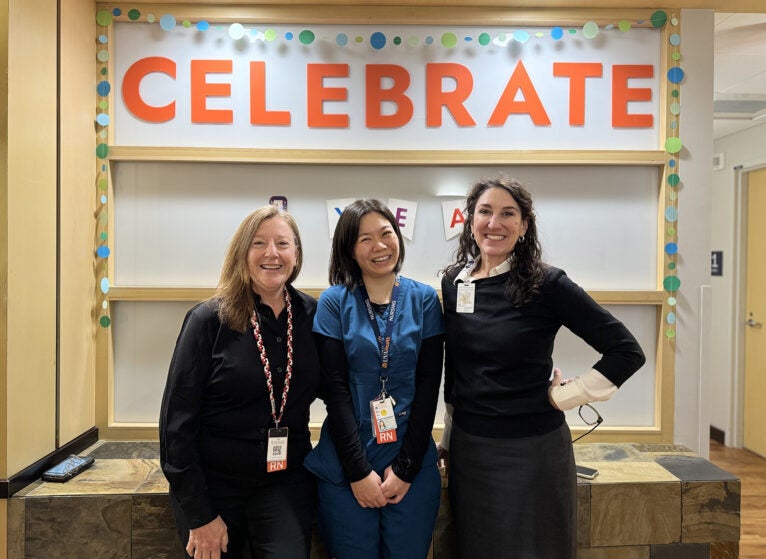
From left, Maria Caruso, RN, Min Xu, RN, BSN, and Pam DeGuzman, PhD, MBA, RN, CNL, in the newly-renovated UVA Health Kidney Transplant Clinic.
‘Moving the Needle’: Immersive UVA Health Evidence-Based Practice Academy Now Also Open to Direct Care Nurses
Evidence-based nursing improves patient outcomes, supports retention, and drives culture change. UVA Health is furthering its commitment to progress by enrolling a second cohort of fellows in the Evidence-Based Practice (EBP) Academy, including direct care nurses. Previously, EBP Academy was open only to clinical nurse leaders (CNLs).
This welcome shift is a testament to how UVA Health prioritizes the career development of team members at all levels, says UVA Health Senior Nurse Scientist and UVA School of Nursing Associate Professor Pam DeGuzman, PhD, MBA, RN, CNL, who, along with the Office of Nursing Research, launched the second EBP Academy. “We know from prior research nurse leaders will say evidence-based practice is important but they don't have the time for it, and they don't understand how it connects to patient outcomes. That’s a real disservice, because this is what's going to move the needle on outcomes that traditionally have been perceived as persistently difficult to overcome.”
Exciting Opportunity
As hourly employees, direct care nurses are essential at patients' bedsides. This makes it challenging for many to find the time to participate in exciting career development opportunities. As DeGuzman notes: “To really do an EBP project correctly is a lot of work, and it would be unfair to the nurses to say they could go to the classes, but then work on their project on their own time."
Which is why UVA Health nurses are being compensated not only for their time at the educational sessions of EBP Academy, but also for eight hours between classes to work on their research projects independently or to seek coaching.
Transforming Outcomes
The academy’s thoughtful expansion wouldn’t be possible without the support of Chief Nursing Officer Kathy Baker, PhD, RN, NE-BC, says DeGuzman. “Kathy is a true visionary. She understands this is what's going to transform outcomes.”
EBP Academy sessions are held roughly every four to six weeks over a year, culminating in a final evidence-based research project. For that project, fellows identify a problem in their work environment that may be solvable or improved with an evidence-based approach.
'Just Good Care'
For example, EBP Academy fellow Min Xu, RN, BSN, UVA Health Post Kidney-Pancreas Transplant Coordinator, is a nurse in the newly-renovated Kidney Transplant Clinic on the first floor of West Complex, where patients frequently are readmitted within 30 days for preventable issues such as medication adherence.
Xu decided to center her research project on improving medication adherence among transplant patients, especially among those with lower literacy. “My focus is finding effective, up-to-date, and evidence-based patient education tools,” she says.
Those tools will improve outcomes like medication mistakes and readmission, which ultimately amounts to “just good care,” DeGuzman says. “It helps our outcomes, and it is also good for the patients.”
Upskilling for All
Xu was eager to join the program. “I feel very honored and lucky to be part of the academy,” she says. “I believe the nursing team should be encouraged to think critically and find updated evidence to improve patient care outcomes, nursing satisfaction, and staff retention.” After presenting their research projects, EBP fellows work with their teams to apply their findings to standard practice on their floors or units. “It benefits not just the patients, but the whole organization,” Xu says.
She encourages more nurses to take advantage of this growth opportunity. “I hope this academy will be more well-known to staff nurses in the future."
'It's Where Nursing Needs to Go'
DeGuzman believes EBP is essential to the future of nursing. “We are so excited to have this group of fellows,” she says. “They’re so knowledgeable about their practice areas and motivated to improve outcomes. We're giving them these tools to be able to not just read the research for this project, they're going to become subject matter experts. It's exciting and it's empowering, and it's where nursing needs to go.”
Latest News

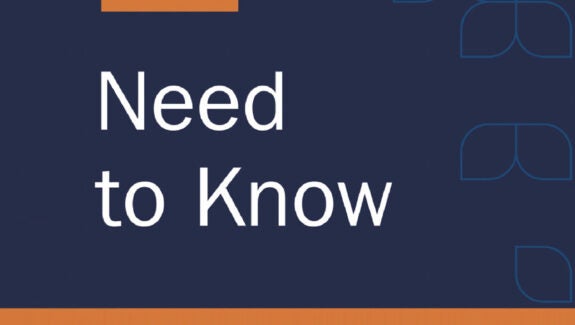
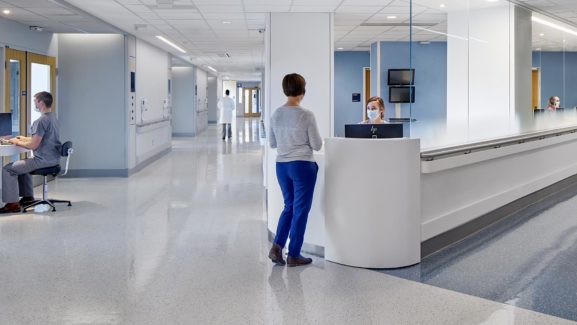
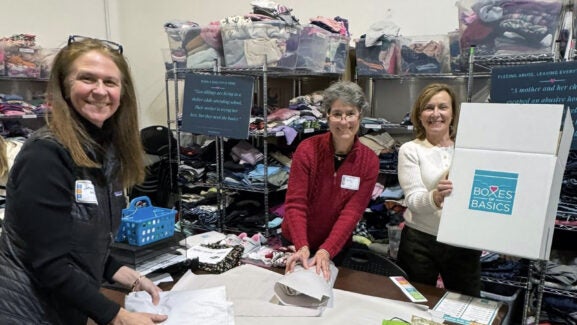
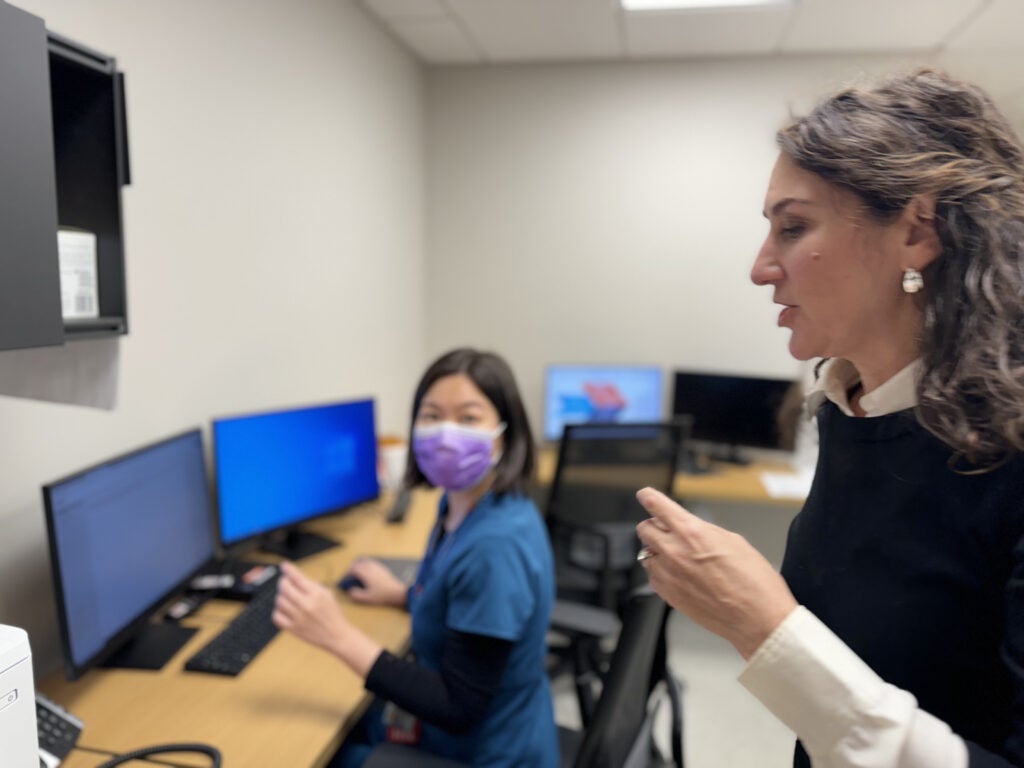
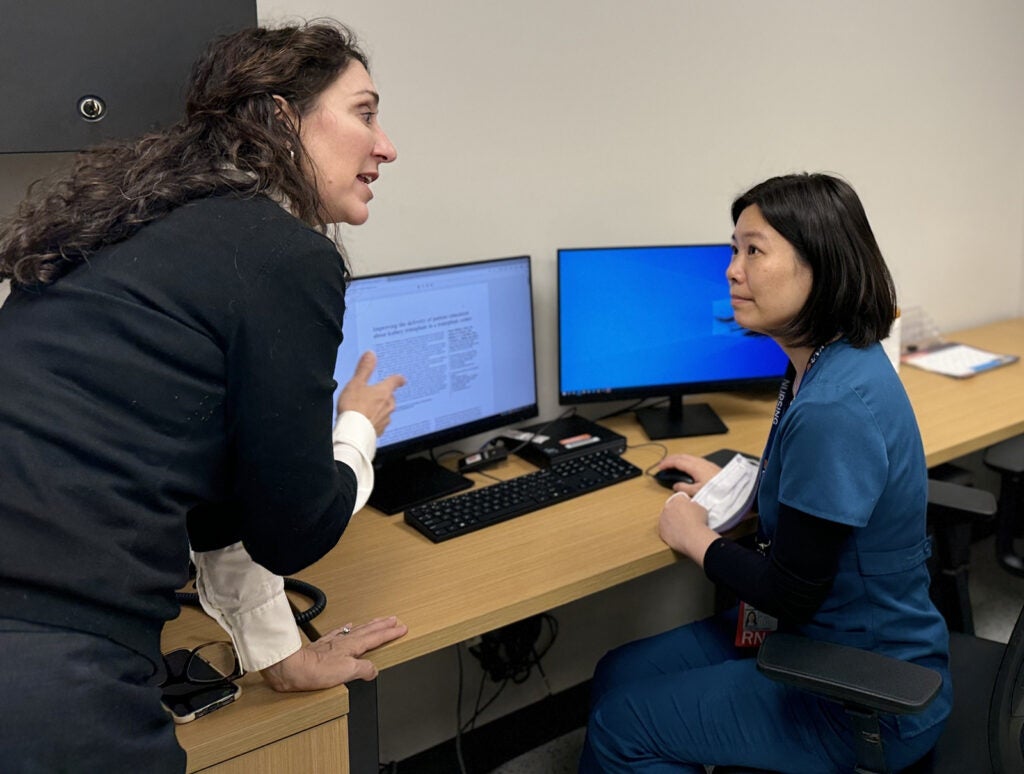
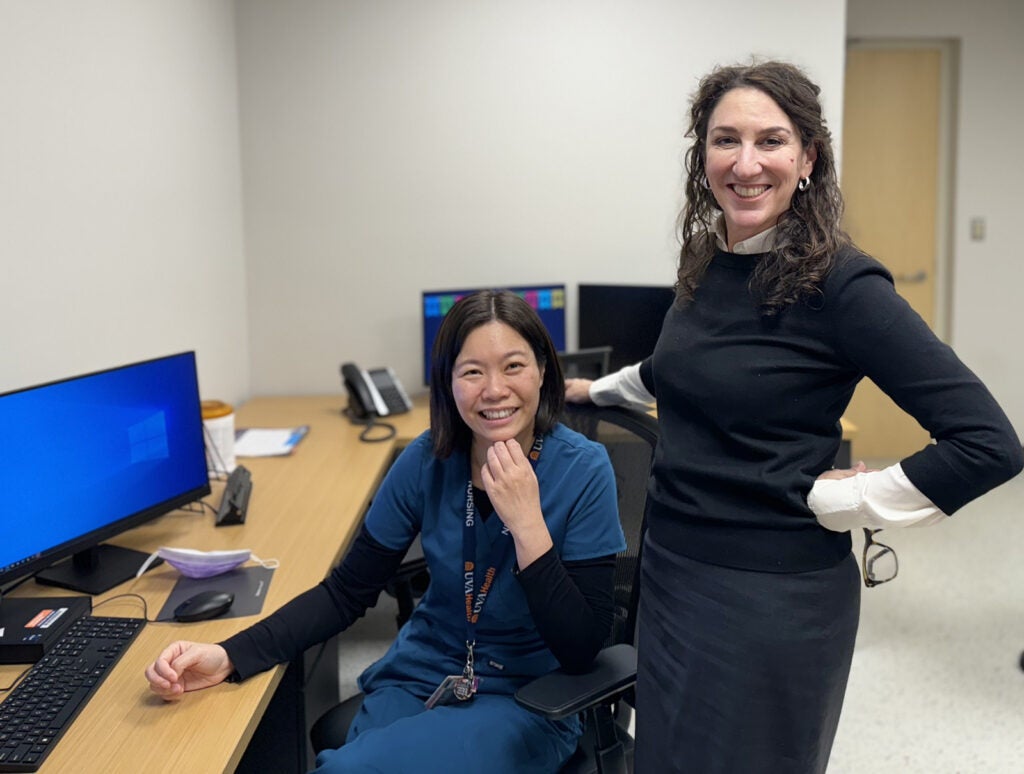
Great story!